Description
Fenbendazole (Methyl N-(6-phenylsulfanyl-1H-benzimidazol-2-yl)) – Anti-Cancer & Anti-Parasitic Agent
Fenbendazole is a broad-spectrum benzimidazole anthelmintic primarily used in veterinary medicine to treat parasitic infections in animals. While not FDA-approved for human use, emerging research highlights its potential as a repurposed anti-cancer agent due to its unique mechanisms, including glycolysis inhibition, microtubule disruption, and p53 activation. Fenbendazole’s high safety profile, low cost, and oral bioavailability make it a subject of growing interest for experimental cancer therapy. However, clinical trials are needed to validate its efficacy, optimal dosing, and safety in humans. This product is currently marketed for veterinary use only.
Uses of Fenbendazole:
- Treatment of intestinal parasites
- Experimental: Investigated for potential anti-cancer effects in human case studies (off-label).
Benefits of Fenbendazole:
- Targets multiple cancer pathways: Inhibits glucose uptake (GLUT1), disrupts microtubules, and induces apoptosis.
- Shows activity against drug-resistant cancers (e.g., 5-FU-resistant colorectal cancer).
- Low toxicity in animals, with an LD50 exceeding 10 g/kg.
- Cost-effective compared to conventional cancer therapies.
Side Effects of Fenbendazole:
Reported in animal/human case studies:
- Reversible liver enzyme elevation (hepatotoxicity).
- Gastrointestinal discomfort (nausea, diarrhea).
- Fatigue or dizziness (rare).
How to Use?
For veterinary use: Administer orally as directed by a veterinarian, typically as a single dose or short-course therapy.
Experimental human use (not medically approved): Anecdotal protocols suggest 222 mg/day for 3 days, followed by 4 days off. Consult a physician before use.
How Fenbendazole Works?
- Anti-parasitic: Binds to parasite β-tubulin, destabilizing microtubules and impairing nutrient absorption.
- Anti-cancer: Inhibits glycolysis (via GLUT1/HKII suppression), induces oxidative stress, and activates p53-mediated apoptosis.
- Synergizes with vitamin E, CBD, and curcumin in anecdotal cancer regimens.
Safety Advice:
- Alcohol: Avoid (may exacerbate liver toxicity).
- Pregnancy: Contraindicated (potential teratogenic effects).
- Liver disease: Use with caution (risk of hepatotoxicity).
- Drug interactions: May interact with CYP3A4/2C19 substrates (e.g., statins, antifungals).
What If You Missed a Dose?
If a dose is missed, take it as soon as remembered. If close to the next dose, skip the missed dose. Do not double dose.
FAQs:
Q1. Is fenbendazole FDA-approved for humans?
No. Fenbendazole is currently approved only for veterinary use. Human use is experimental and off-label.
Q2. Can fenbendazole cure cancer?
While anecdotal cases (e.g., Joe Tippens) report remission, no clinical trials confirm its efficacy. Research is ongoing.
Q3. What is the typical fenbendazole dosage for cancer?
No standardized protocol exists. Anecdotal regimens use 222 mg/day for 3 days/week, but consult a doctor.
Q4. Does fenbendazole cause liver damage?
Case reports note reversible hepatotoxicity. Monitor liver enzymes if used long-term.
Q5. How can fenbendazole bioavailability be improved?
Formulations with DMSO, methyl-β-cyclodextrin, or salicylic acid may enhance solubility and absorption.

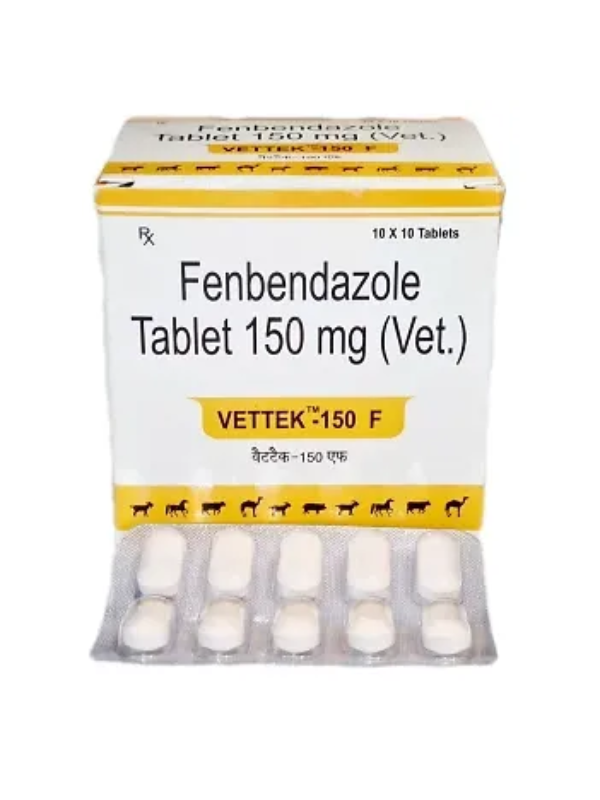
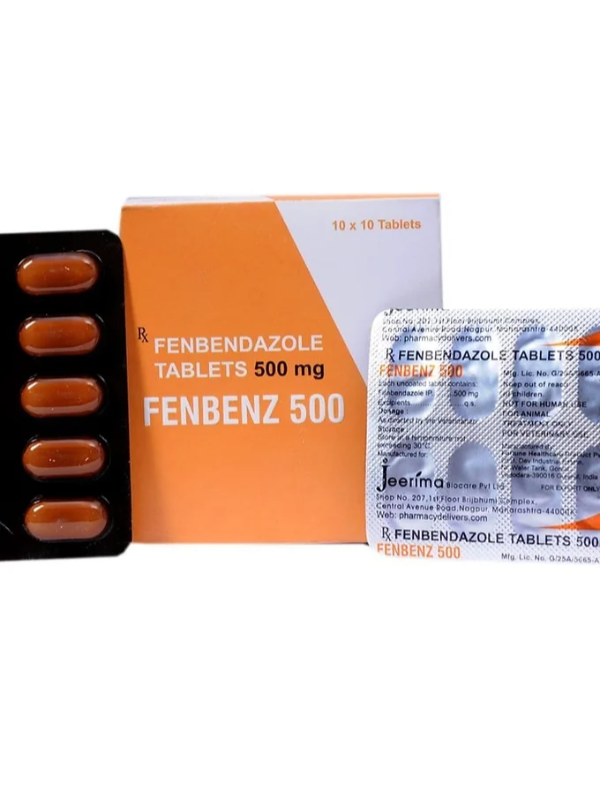
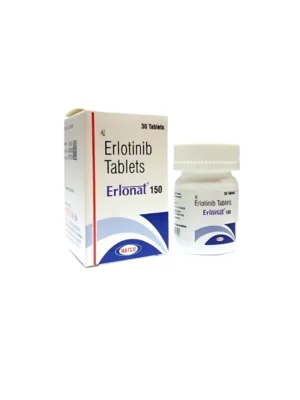
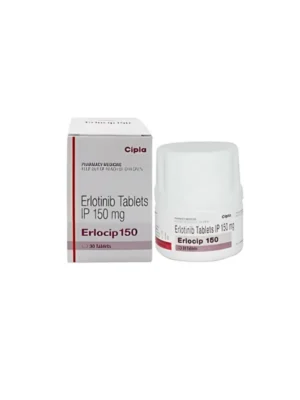
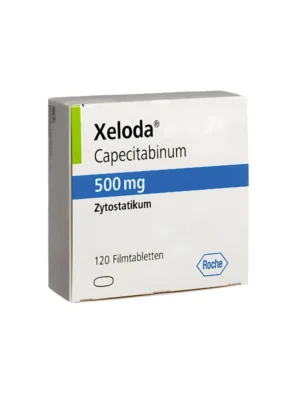
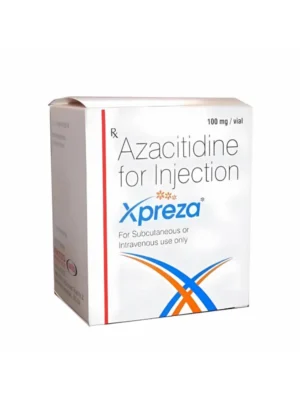
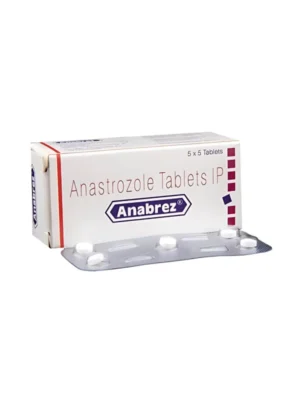
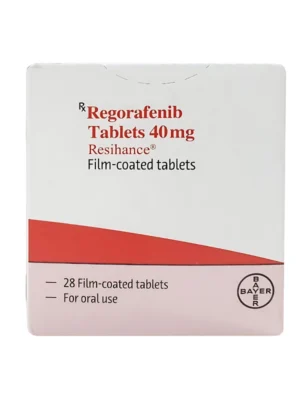
There are no reviews yet.